Protecting Dogs From Kennel Cough: Prevention and Care Tips
Kennel cough spreads quickly anywhere dogs gather- boarding facilities, dog parks, or even the groomer. A dry, honking cough, sneezing, or fatigue often appear a few days after exposure. Vaccination and smart preventive habits are the best defense against this contagious condition.
At Livingston Veterinary Hospital, we combine modern medicine with old-fashioned service to help dogs recover from respiratory illness and stay protected year-round. From diagnostics to long-term care, our team is here to guide you every step of the way.
What Causes That Harsh, Honking Cough?
Canine infectious respiratory disease complex (kennel cough) isn’t a single illness. It’s a combination of viruses and bacteria that inflame the airways and make dogs prone to secondary infections.
Common causes include Bordetella bronchiseptica, canine parainfluenza virus, and canine adenovirus type 2. These pathogens spread through airborne droplets, direct contact, and contaminated surfaces like water bowls or toys.
Crowded indoor environments with poor airflow- especially during cold weather- allow germs to spread fast. The incubation period ranges from two to ten days, and dogs can shed infectious particles before symptoms appear. Early isolation helps protect others from exposure.
Recognizing the Signs
The hallmark symptom is a dry, honking cough that sounds like a goose honk. It often worsens with excitement or pressure on the neck from a collar.
Other common signs include:
- Gagging or retching with small amounts of white foam
- Watery eyes or clear nasal discharge
- Mild lethargy or reduced appetite
- Occasional low-grade fever
Most dogs remain active and cheerful, but owners should stay alert for symptoms of serious respiratory distress.
Respiratory distress in pets warrants immediate veterinary attention. If your dog breathes rapidly or with visible effort, has blue gums, or collapses during a coughing fit, contact our team or seek emergency care right away.
How Contagious Is Kennel Cough?
Extremely. Dogs shed infectious material through saliva and nasal secretions even before coughing starts. That’s why outbreaks in boarding or daycare settings can spread so quickly.
To reduce transmission at home:
- Keep coughing dogs separate from others
- Use separate food and water dishes
- Wash hands after contact
- Disinfect shared surfaces and bedding
Most dogs remain contagious for one to two weeks after symptoms begin, though some may shed bacteria longer. Our team will guide you on when it’s safe to resume normal activities.
When a Cough Becomes Something More Serious
While most cases resolve on their own, complications can develop- especially in puppies, seniors, or pets with weakened immune systems.
Pneumonia
Dog pneumonia occurs when infection spreads deeper into the lungs. Signs include fever, lethargy, loss of appetite, and labored breathing. Pneumonia requires prompt treatment with antibiotics, oxygen therapy, and supportive care.
Collapsed Trachea
Collapsed trachea in dogs causes a chronic, harsh cough that can be mistaken for kennel cough. Small or senior dogs are at higher risk. It’s a structural condition, not an infection, and requires long-term management through medication, weight control, and sometimes surgery.
Emergency Warning Signs
Seek immediate veterinary care if your dog experiences:
- Blue or pale gums
- Severe breathing effort or wheezing
- Coughing fits leading to collapse
- Persistent fever or refusal to eat
Difficulty breathing (dyspnea) is always an emergency.
How Veterinarians Diagnose Respiratory Infections
At Livingston Veterinary Hospital, diagnosis starts with a complete history and physical exam. We’ll ask about recent social activity, travel, and symptom onset. During the exam, gentle tracheal pressure can often trigger the classic cough that helps confirm infection.
If symptoms are severe or unusual, we may recommend:
- PCR testing to identify specific pathogens
- Chest X-rays to rule out pneumonia or tracheal collapse
- Bloodwork to evaluate immune and organ function
This tailored approach ensures accurate diagnosis and targeted treatment, avoiding unnecessary antibiotics or missed complications.
Treatment and Home Care
Most mild cases resolve in one to three weeks with supportive care. Depending on your dog’s needs, we may prescribe cough suppressants, anti-inflammatory medication, or antibiotics if a bacterial infection is confirmed.
At home, focus on comfort and rest:
- Limit activity and excitement
- Use a harness instead of a collar
- Run a cool-mist humidifier or use steam from a warm shower
- Keep food and water easily accessible
- Maintain isolation from other dogs
Monitor for signs of worsening. If coughing intensifies or persists longer than three weeks, schedule a recheck visit for further evaluation.
Preventing Kennel Cough
Prevention begins with vaccinations for dogs. The Bordetella vaccine- often combined with parainfluenza and adenovirus protection- greatly reduces disease severity and spread. Many boarding and daycare facilities require proof of vaccination, so schedule boosters at least two weeks before potential exposure.
During outbreaks or busy boarding seasons, follow these boarding tips:
- Choose well-ventilated facilities with strict cleaning protocols
- Bring your own food, bowls, and bedding
- Avoid shared toys in communal areas
- Confirm staff can isolate symptomatic dogs promptly
For social dogs who attend daycare or training classes regularly, maintaining up-to-date vaccines and avoiding high-risk environments during outbreaks makes a big difference.
At Livingston Veterinary Hospital, we maintain the highest standards of safety and cleanliness to keep your pet healthy during their stay. Our boarding facilities feature six spacious dog kennels and a separate climate-controlled cat room. Pets receive daily exercise and attentive care from certified veterinary technicians and assistants, ensuring both comfort and health monitoring throughout their visit. Because we’re a full-service veterinary hospital, animals needing medical attention can be examined and treated by our doctors during boarding.
Vaccination requirements are carefully enforced- dogs must be current on Rabies, Distemper, and Bordetella. This policy not only protects individual pets but also helps prevent kennel cough and other contagious illnesses within our facility. Pet owners can also schedule wellness services, blood tests, or nail trims while their companions board, making each stay both safe and convenient.
Can Cats Catch Kennel Cough?
Yes- though it’s rare. Bordetella infection in cats can spread in multi-pet households or shelters. Infected cats may sneeze, cough lightly, or develop nasal discharge. Most recover quickly, but kittens or immunocompromised cats can become quite ill.
If your household includes cats, isolate the coughing dog and monitor all pets for respiratory symptoms. Call our clinic if your cat begins sneezing or acting unwell.
When to Seek Immediate Care
Contact us immediately if your dog:
- Struggles to breathe or breathes with abdominal effort
- Has blue, pale, or gray gums
- Faints or collapses during a coughing episode
- Stops eating or drinking for more than 24 hours
- Coughs up blood or thick, yellow mucus
Respiratory distress in pets can progress rapidly, but timely veterinary care can make all the difference.
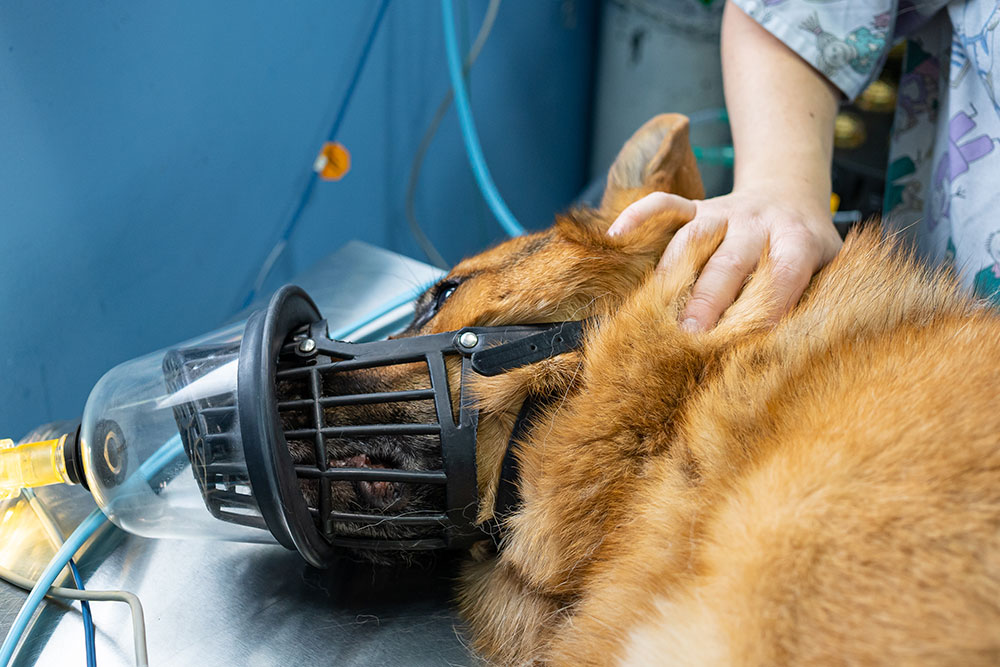
Recovery and Returning to Normal Activities
Most dogs recover within two to three weeks, though the cough may linger for up to a month. Continue isolation for at least one week after symptoms resolve. Once your veterinarian confirms your dog is no longer contagious, slowly resume normal walks and play sessions using a harness instead of a collar.
Before returning to boarding or group activities, schedule a recheck exam for medical clearance.
Your Partner in Respiratory Health
Kennel cough may be common, but it doesn’t have to disrupt your dog’s comfort or safety. With vaccines, careful monitoring, and professional veterinary guidance, most dogs recover smoothly and return to their happy routines.
At Livingston Veterinary Hospital, we’re proud to provide comprehensive respiratory and preventive care grounded in compassion, advanced medicine, and genuine love for pets and their families.
If your dog develops a new cough or you’re planning upcoming boarding or travel, schedule an appointment today. Together, we’ll keep your dog healthy, comfortable, and ready for every Montana adventure ahead.
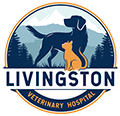

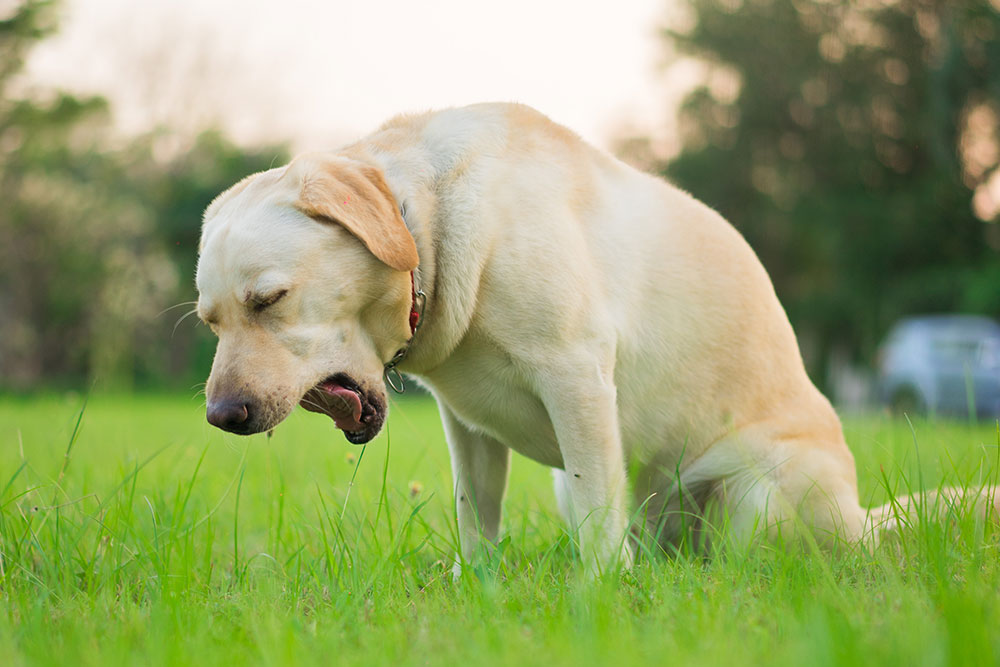

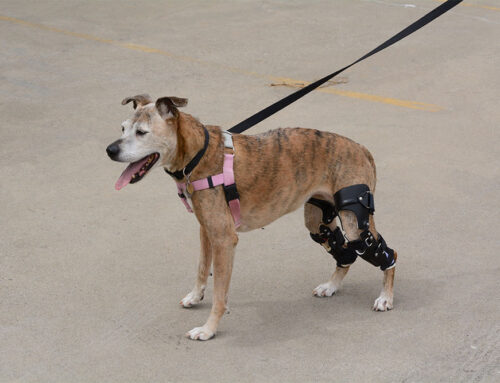

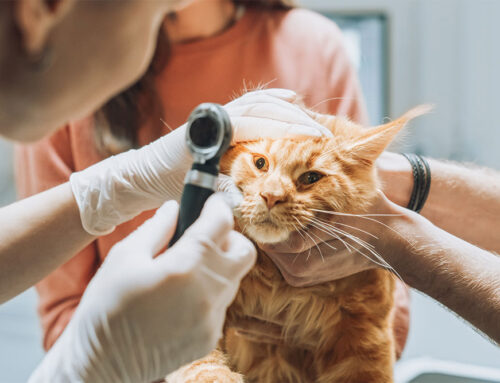
Leave A Comment